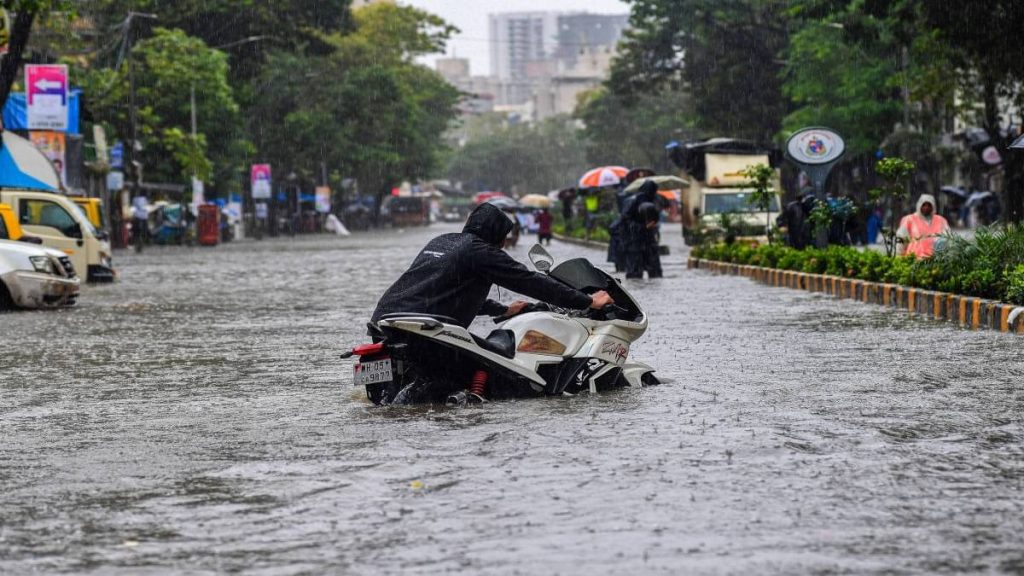Now Reading: FDA Warns of Potential Radioactivity in Shrimp
-
01
FDA Warns of Potential Radioactivity in Shrimp
FDA Warns of Potential Radioactivity in Shrimp

quick Summary:
- Contamination Issue: Frozen shrimp from PT. Bahari Makmur Sejati (BMS Foods), an Indonesia-based company, may have been exposed to radioactive cesium-137 (Cs-137). U.S. Customs officials detected Cs-137 in a shipping container carrying shrimp destined for Los Angeles, Houston, Savannah, Georgia, and Miami.
- FDA Action: A sample of breaded shrimp tested positive for Cs-137 contamination but was blocked from entering the U.S. food supply. As a precaution, the FDA is recommending recalls of previously imported products from BMS Foods and discouraging consumption.
- Retailer Involvement: Walmart has received implicated raw frozen shrimp that did not initially test positive for Cs-137 but are still recommended for recall due to potential contamination risks.
- radiation Risk: The amount detected in contaminated samples does not pose immediate harm but coudl be hazardous with long-term or repeated exposure-potentially increasing cancer risk due to DNA damage.
- Company Restriction: BMS Foods has violated the Federal Food, drug, and Cosmetic Act regarding insanitary conditions leading to potential contamination. The company is now under import alert until corrective measures are taken.
- Ongoing Investigation: The FDA is collaborating with indonesian authorities to determine the root cause of contamination.
Indian Opinion Analysis:
The FDA’s alert on possible radioactive contamination in frozen shrimp highlights broader food safety vigilance within global supply chains. for India-a notable exporter of seafood-this incident underscores the importance of ensuring rigorous quality standards and sanitary conditions during production and packaging processes. India’s seafood industry relies heavily on international markets like the U.S., were regulatory scrutiny is stringent; failures akin to this incident could negatively impact export credibility.
Moreover, as food safety becomes increasingly central in global trade agreements, India must aim for proactive compliance measures to mitigate risks similar to those faced by BMS Foods. By fostering close collaboration between public health agencies and export organizations at home while adhering strictly to international regulations like those enforced by FDA counterparts globally-the nation can sustain growth in its lucrative seafood market.


























